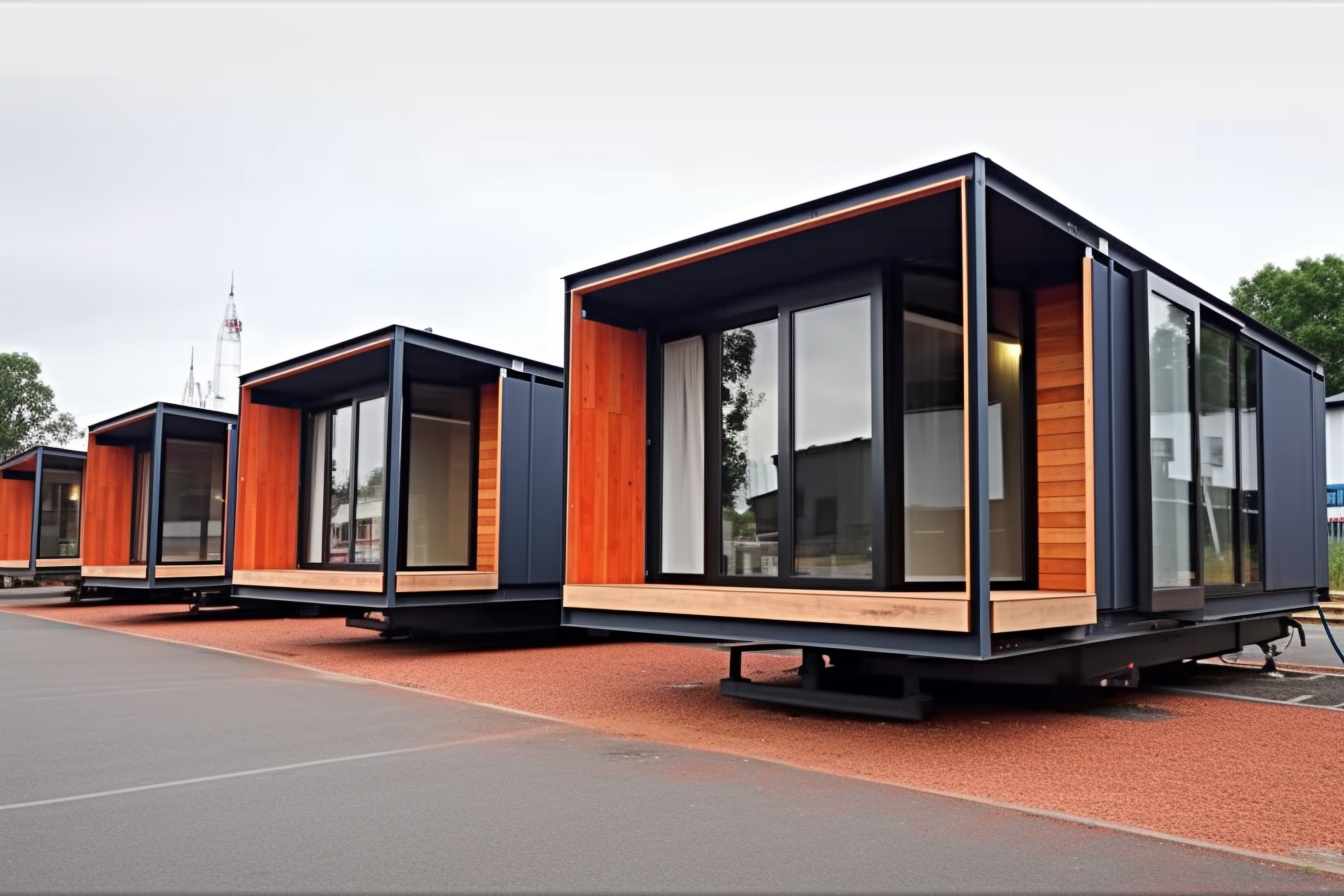Chronesthesia: The Mind's Time Travel and Its Health Impacts
Imagine if you could mentally transport yourself to any moment in time – past, present, or future. This isn't science fiction; it's a psychological phenomenon called chronesthesia. But how does this mental time travel affect our well-being? Let's embark on a journey through the intricate corridors of our temporal minds and explore the surprising health implications of our ability to traverse time in thought.

Neural Networks of Now and Then
Recent neuroscientific research has unveiled the complex neural architecture supporting chronesthesia. Functional MRI studies have identified a core network of brain regions, including the prefrontal cortex, medial temporal lobe, and posterior cingulate cortex, that activate when we engage in mental time travel. These areas work in concert to construct vivid mental simulations of non-present moments, drawing upon episodic memory and imaginative processes.
The Double-Edged Sword of Temporal Consciousness
While chronesthesia is a remarkable cognitive ability, it can have profound implications for our mental health. On one hand, the capacity to revisit positive memories can boost mood and resilience. Anticipating future rewards can motivate goal-directed behavior and foster optimism. However, excessive rumination on past negative experiences or anxiety about potential future scenarios can contribute to depression and anxiety disorders.
Chronesthesia and Stress: A Temporal Tug-of-War
The relationship between chronesthesia and stress is complex and bidirectional. Acute stress can narrow our temporal focus, causing us to fixate on immediate threats and lose sight of the broader timeline of our lives. Conversely, chronic engagement in negative mental time travel – repeatedly reliving traumatic memories or catastrophizing about the future – can elevate cortisol levels and exacerbate physiological stress responses.
Harnessing the Healing Power of Mental Time Travel
Despite its potential pitfalls, chronesthesia can be a powerful tool for promoting psychological well-being when used mindfully. Cognitive-behavioral therapies often leverage this ability to help individuals reframe past experiences and construct more positive future narratives. Techniques such as guided imagery and future-oriented goal setting tap into our capacity for mental time travel to foster resilience and personal growth.
The Mindfulness Paradox: Present-Moment Awareness in a Time-Traveling Mind
Interestingly, practices that cultivate present-moment awareness, such as mindfulness meditation, can enhance our overall relationship with time. By strengthening our ability to anchor attention in the present, these techniques can provide a stable vantage point from which to engage in healthier forms of mental time travel. This balanced approach allows for reflection and planning without becoming overwhelmed by temporal distractions.
Chronobiological Connections: How Mental Time Affects Physical Rhythms
Emerging research suggests that our subjective experience of time, influenced by chronesthesia, may impact our circadian rhythms and physiological processes. Studies have shown that individuals with a more flexible sense of time tend to have better sleep quality and more adaptive stress responses. This hints at a fascinating interplay between our psychological perception of time and our body’s internal clocks.
Temporal Wellness Tips
• Practice temporal mindfulness by setting aside time each day to consciously reflect on your past, present, and future without judgment
• Engage in positive mental time travel by regularly visualizing your ideal future self and the steps needed to achieve your goals
• Use the 5-4-3-2-1 grounding technique to anchor yourself in the present moment when feeling overwhelmed by past or future thoughts
• Create a balanced time perspective by allocating mental energy equally to past reflections, present experiences, and future planning
• Experiment with time perception exercises, such as estimating the passage of short time intervals, to enhance your temporal awareness
As we continue to unravel the mysteries of chronesthesia, it becomes clear that our relationship with time is integral to our overall health and well-being. By cultivating a balanced and mindful approach to mental time travel, we can harness this uniquely human ability to enhance our psychological resilience, improve our physical health, and navigate the complex tapestry of our temporal existence with greater ease and insight.




